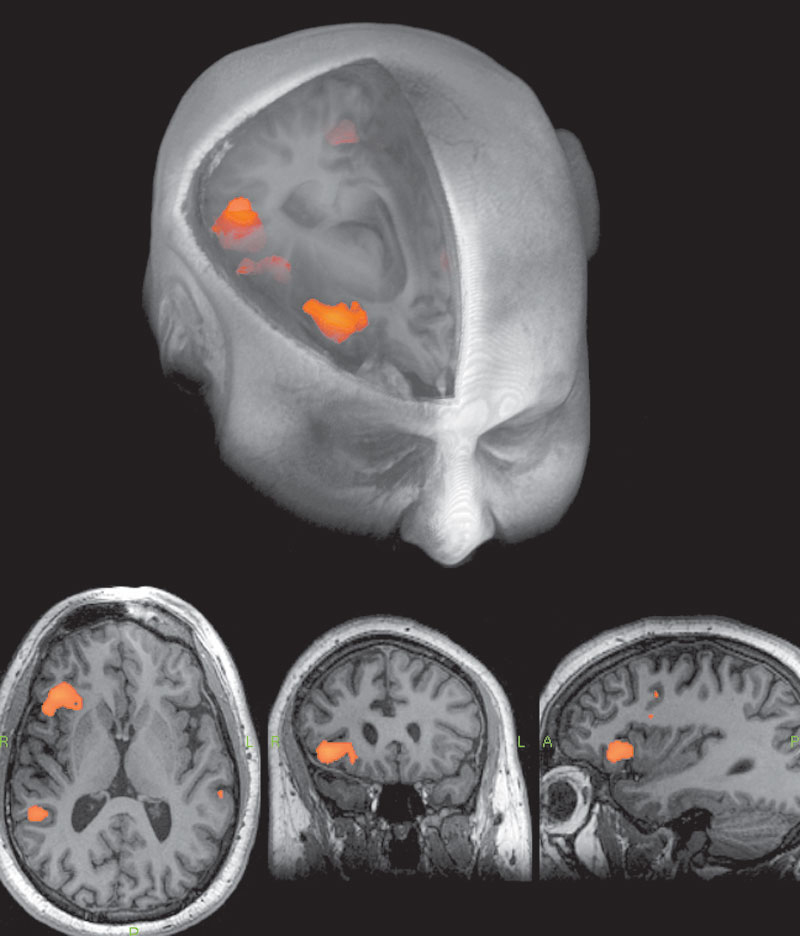3T MRI in Kissimmee, Florida
Our innovative GE SIGNA™ Pioneer 3T MRI system is designed to better meet the diagnostic needs of physicians and their patients. The system’s neuroimaging capabilities represent a quantum leap forward over previous generations of MRI systems. With 3D Cube DIR volumetric imaging, very small lesions on the cortex, which were previously difficult to observe, are clearly and easily visualized. The powerful, high resolution 3 Tesla technology provides the board certified radiologists at Radiology and Imaging Specialists with unprecedented image detail of the green-white interface and of the smaller structures of the brain such as the hippocampi which are essential for evaluation of potential seizures. 3T MRI is also used to evaluate patients with conditions such as brain laceration (skull fracture) stroke, tumors, multiple sclerosis and epilepsy. Call Radiology and Imaging Specialists to schedule at (863) 688-2334.
Diffusion tensor imaging (DTI)
This advanced MRI technique is used by Radiology and Imaging Specialists to detect how water travels along the white matter tracts in the brain. Also known as “brain mapping,” it is especially important in surgical planning because it helps surgeons remove tumors without harming areas that are vital to the patient’s quality of life. It is also used to assess brain pathology in schizophrenia, Alzheimer’s disease, autism and more.
Amyloid scan to detect Alzheimer’s plaques
The Amyloid scan uses the tracer Amyvid to detect the brain’s level of amyloid plaque, an indicator of Alzheimer’s disease. A negative scan indicates that the symptoms of cognitive decline are caused by something other than Alzheimer’s, and is useful at ruling out the disease. A positive scan does not necessarily confirm an Alzheimer’s diagnosis, but it can be quite revealing and helpful in managing treatment.
DaTscan for Parkinson’s Disease
When other neurological exams cannot confirm or rule out Parkinson’s disease, Radiology and Imaging Specialists can offer a DaTscan that can help secure the right diagnosis. This form of nuclear medicine testing is highly useful for distinguishing between Parkinson’s Disease and essential tremor (ET).

